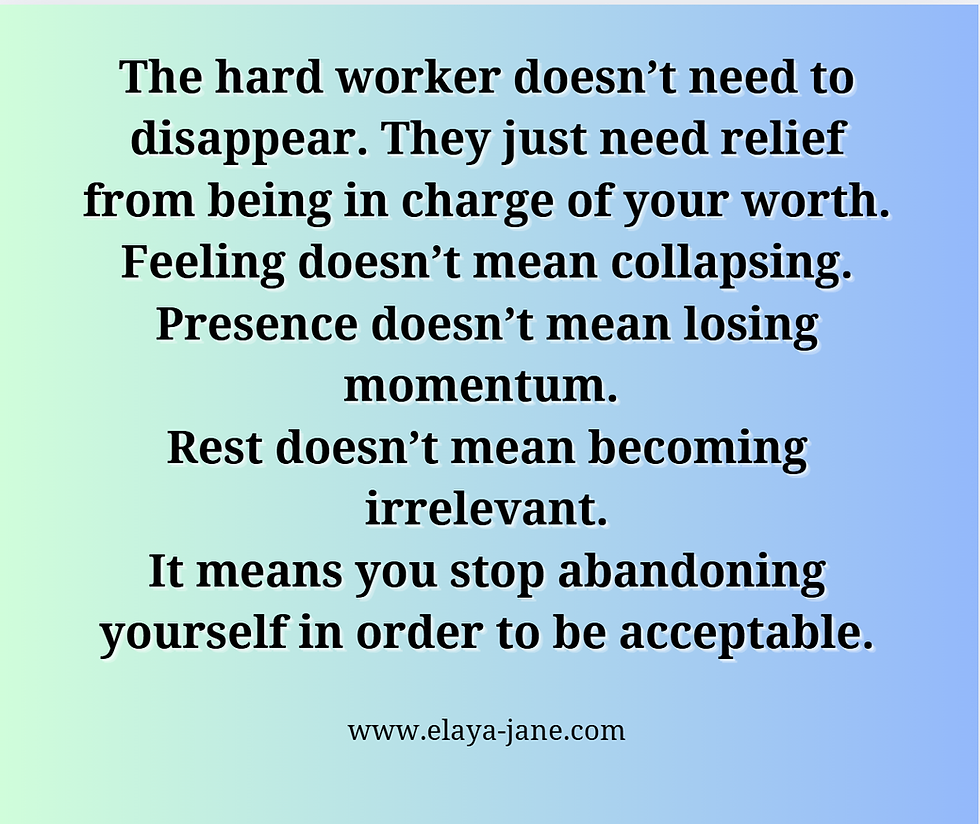What about Karma?
- Jane McGarvey
- Feb 24, 2025
- 3 min read
Karma, traditionally understood as the spiritual principle where one's actions influence future experiences, has long served as a moral compass, encouraging ethical behavior through the promise of future rewards or repercussions. This framework functioned as an incentive system, guiding individuals toward virtuous living by linking actions with corresponding outcomes. It was quite simply an incentive system to do better.
However, as we progress into the 21st century, the relevance of karma as a guiding principle is being reevaluated. The increasing global awareness and the proliferation of information have illuminated the complexities of human behavior and morality. With this heightened consciousness, the necessity for an external incentive system to dictate ethical behavior diminishes. Individuals are now more empowered to make conscious choices based on empathy, compassion, and an intrinsic understanding of right and wrong, rather than out of fear of karmic repercussions.
Reflecting on the parenting styles of the 1970s when I grew up, provides insight into how societal approaches to behavior and morality have evolved. During that era, it was common for adults to employ guilt and coercion to influence children's behavior. Phrases like "You should be ashamed of yourself," or "Think about how your actions make others feel," were frequently used to instill a sense of responsibility and morality. The intention was to mold children into conscientious adults equipped to navigate life's challenges. However, these methods often relied on inducing guilt and fear, which could lead to compliance but also foster resentment or internal conflict.

In contrast, children born after 1992, often referred to as part of Generation Z, exhibit higher levels of emotional intelligence and a strong sense of individuality. Traditional methods of guilt-inducing discipline are less effective, as these children are more likely to question authority and seek authenticity in their interactions. They are motivated by understanding and internal values rather than external pressures or the imposition of guilt. This shift necessitates a transformation in parenting approaches, favoring open communication, mutual respect, and guidance that aligns with the child's intrinsic sense of morality.
Similarly, the concept of karma as a moral enforcer is becoming obsolete. The spiritual utility of karma has waned, particularly around 2014, as humanity collectively moves toward a more compassionate and empathetic existence. The focus has shifted from awaiting cosmic justice or retribution to fostering understanding and forgiveness in real-time. Holding onto the expectation of karmic retribution can lead to stagnation in personal growth and prolonged suffering. Instead, embracing the fluidity of experiences and the autonomy to choose one's responses allows for a more liberated and empowered life journey.
In this contemporary context, individuals are encouraged to act from a place of compassion and empathy, not because of fear of spiritual consequences, but from an authentic desire to contribute positively to the world. If someone causes harm, waiting for their 'judgment day' is futile. Personal healing and growth come from letting go, forgiving if it aligns with one's values, and extending compassion when appropriate. The emphasis is on personal choice and the understanding that clinging to past hurts only perpetuates one's own suffering.
Life's experiences are varied; some leave profound impacts, while others pass with little effect. The key lies in adaptability—choosing to flow with life's currents rather than resisting them. In this era, individuals are the architects of their own destinies, free from the constraints of outdated spiritual incentive systems. By embracing personal responsibility, emotional intelligence, and intrinsic morality, we navigate our lives with authenticity and purpose, unbound by the antiquated notion of karma.



Comments